what is tuberculosis? / what is TB?
TB is a lung infection caused by the TB bacterium. TB is spread through the air when someone with the infection coughs or sneezes. TB is most common in people who are HIV positive, smoke or have a weak immune system.
Symptoms of TB include a cough, chest pain, shortness of breath, fever, and night sweats. If you have TB, you will need treatment to prevent the disease from spreading to other parts of your body. Treatment includes antibiotics and/or TB therapy (also called radiotherapy).
TB is treatable, but it can be deadly if not treated early. If you think you may have TB, please get tested. If you are diagnosed with TB, you will need to take antibiotics to prevent the disease from spreading. If you are treated for TB, you will need to take antibiotics for the rest of your life.
Tuberculosis Sign and Symptom:-
Mycobacterium tuberculosis appears in a number of organs, a few of which are explained here. Be aware of the different types of symptoms in order to take necessary precautions in time. In case of the slightest doubt on account of the continuation of symptoms, visit a physician for the necessary tests. Though this disease is prevalent it may affect any person at any time. ‘affluent tuberculosis’ may affect a person with limited exposure to sunlight. Sometimes, symptoms appear mild and continue to present themselves without causing upheavals and creating a sense of the need for immediate care. This results in a lack of timely and sufficient care being provided to the patient. The condition may develop due to poor immunity though the surroundings are clean.
what are the symptoms of tuberculosis?
1. Tuberculosis’s effect on the Lungs:-
Tuberculosis commonly attacks the lungs. A cough that will not go away, low-grade fever that appears for a long time, increasing weight loss, body pain, and the occasional appearance of blood in the sputum are the common symptoms of the incidence of tuberculosis. Night time may see bouts of intense sweating that leave the patient terribly weak and lethargic. Medication for cold and fever should not be provided when there is continuous low-grade fever since they tend to hide the symptoms. If a set of symptoms appear that seem to be similar to the description, a doctor must urgently be contacted.
2. Tuberculosis’s effect on the Bones:-
A patient who faces an inability to bend because of rigidity in the limbs may be a victim of tuberculosis. Other symptoms like low fever (around 99 degrees F) that appears in the afternoon along with back pain and local tenderness on the limbs must be considered as the possibility of tuberculosis. Typically the patient shows distinct weight loss and a severe loss of appetite. There may be occasional night sweats and the patient complains or there is a noticeable difficulty in sitting for extended periods of time.
3. Tuberculosis’s effect on the Lymph nodes:-
Lymph nodes constitute the drainage system of the body and can be attacked by tuberculosis. The incidence of bilateral swelling on the neck, underarm or groin must be treated as an urgent symptom. If the points show slow growth of nodes with the occurrence of continuing fever, it is a possibility of tuberculosis infection. A persistent cough may be treated as a confirmation for a test for the ailment. The doctor must carry out a fine needle aspiration of the swelling to send for testing and confirm or negate the presence of tuberculosis. The line of treatment must start on the receipt
Treatment of Tuberculosis:-
Once the diagnosis of tuberculosis is confirmed, the patient must maintain a strict dietary and rest regimen to remain on the path to recovery. This is not easy since the dosage recommended involves consuming eight pills in the course of a day for a period of nine months. The patient feels fatigued though the disease is under control. The dosage of tuberculosis medication must be meticulously maintained to prevent the development of drug-resistant strains of bacteria that make successful treatment difficult and worsen the cases of disease spread.
Lack of awareness
Patients of tuberculosis often lack awareness about the possibility of the disease returning if the medicines are not taken as prescribed. The profile of patients is normally poor, uneducated, and desirous of returning to work to continue earning for the family. The absence of personal care and follow-up further exacerbates the worsening and spreading of the disease. Public health officials insist on meeting tuberculosis patients on a regular basis to ascertain that medicine consumption is being adhered to.
Research on public health
Research by major agencies has found that education of patients and their families on the need to stem tuberculosis because of the potential spread and possible complications if medicines are not taken has been found to be effective. Many times, patients of tuberculosis prefer to return to their work on account of the financially constrained situation and find it difficult to remember to take the dosage as recommended for controlling and curing tuberculosis.
what causes tuberculosis:-
Some agencies have set up a mobile reminder facility that rings at a specific time to remind the patient to consume the tuberculosis medication. Once the medicine is consumed, the patient is required to send back a code confirming it. Regularity is rewarded with a pre-agreed incentive. This is a cheaper and more effective route than the follow-up of public health nurses. The patient is not to be isolated when the treatment starts taking effect and regular work starts. Family members may take turns to call the patient to consume and confirm that tuberculosis medicine has been taken.
Tuberculosis Community level Treatment:-
Tuberculosis care initiatives are often taken by states to stem the spread and conversion to an epidemic. This is possible when the line of communication involves the larger community. The maintenance of basic hygiene, spreading awareness of infected sputum in the vicinity, and educating patients about the possibility of complete recovery are good ways to motivate tuberculosis patients and counter the disease. Friends and relatives of the tuberculosis patient who have been in contact with the patient in the recent past must be informed of the diagnosis and checked for the possibility that the disease has spread to them.
Thanks…








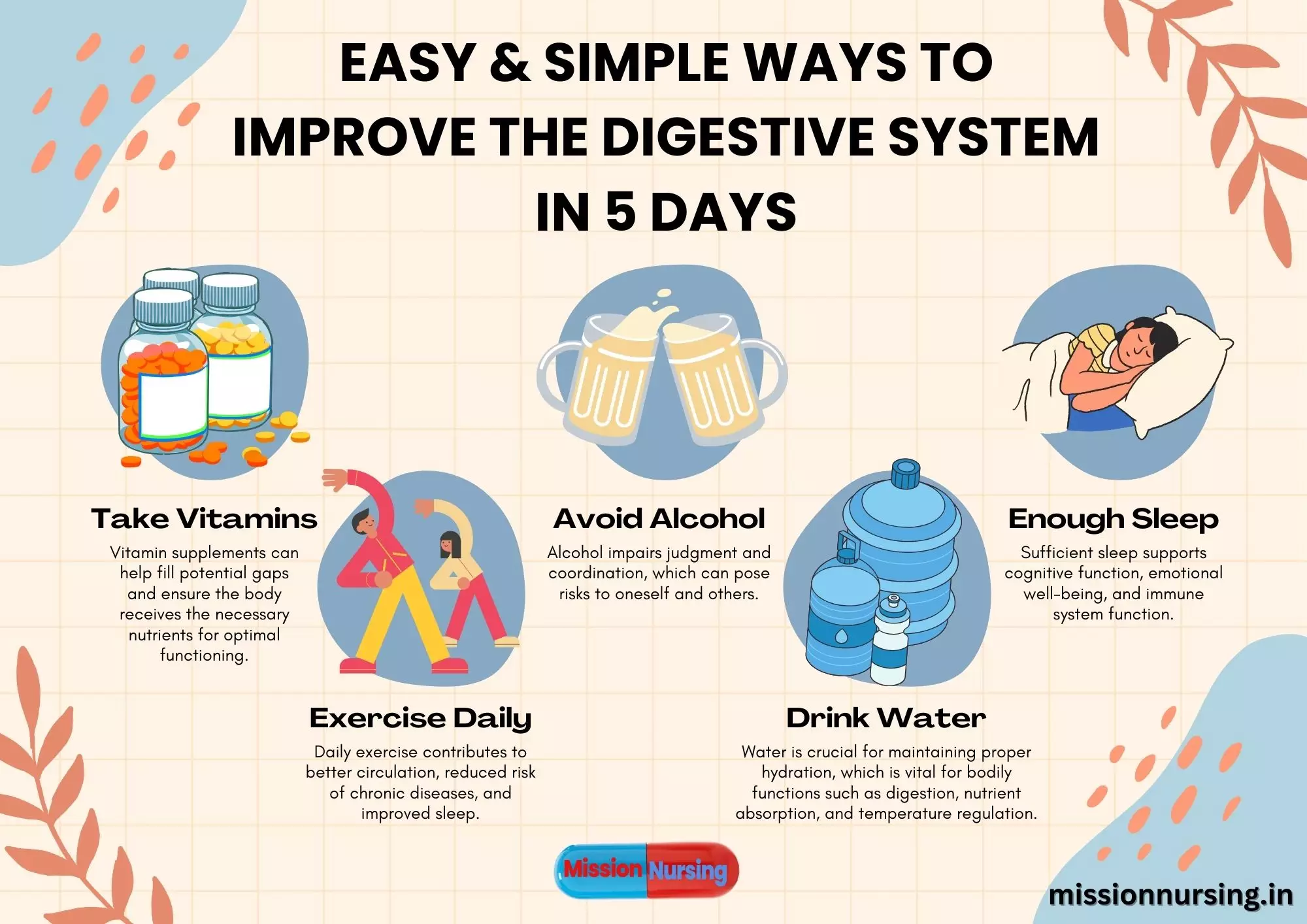
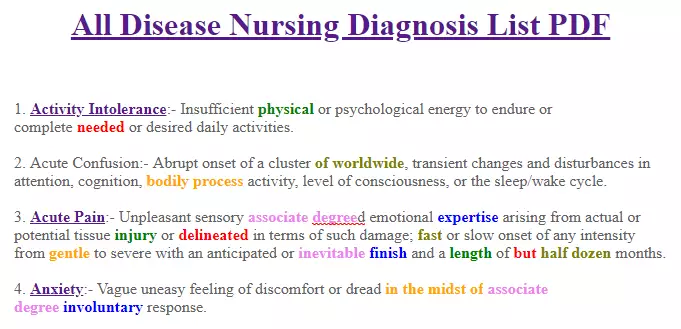

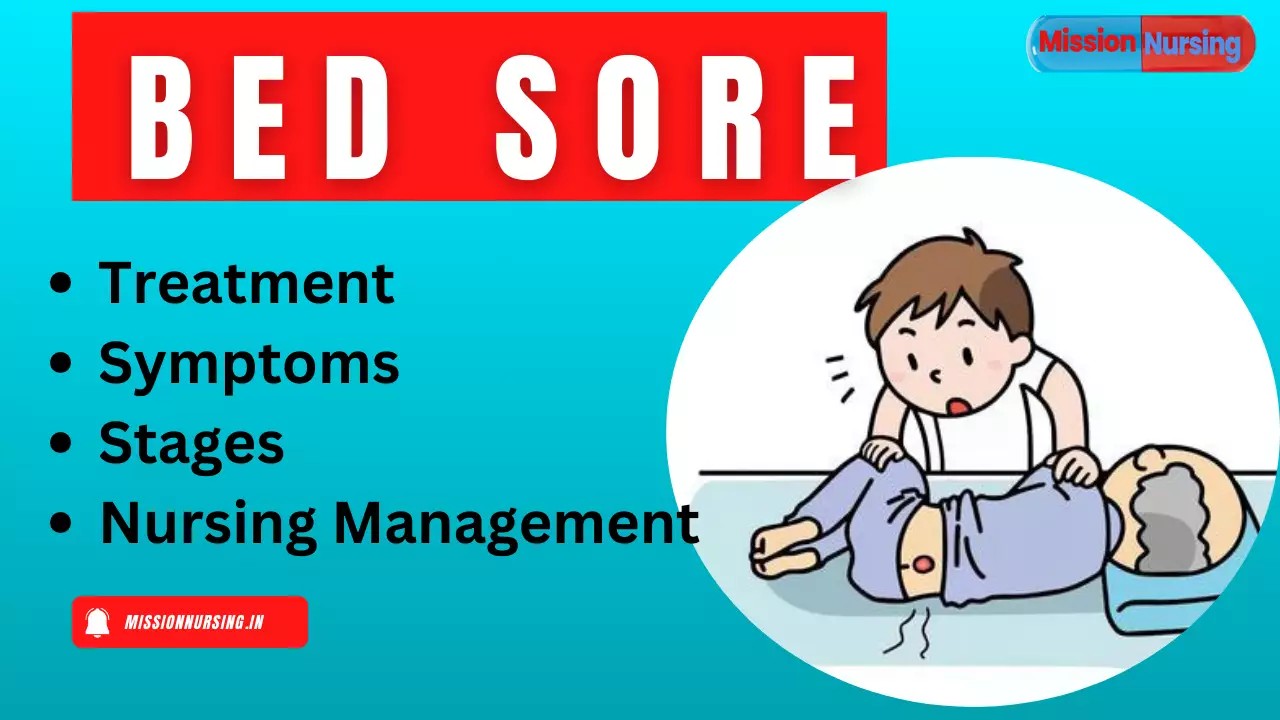

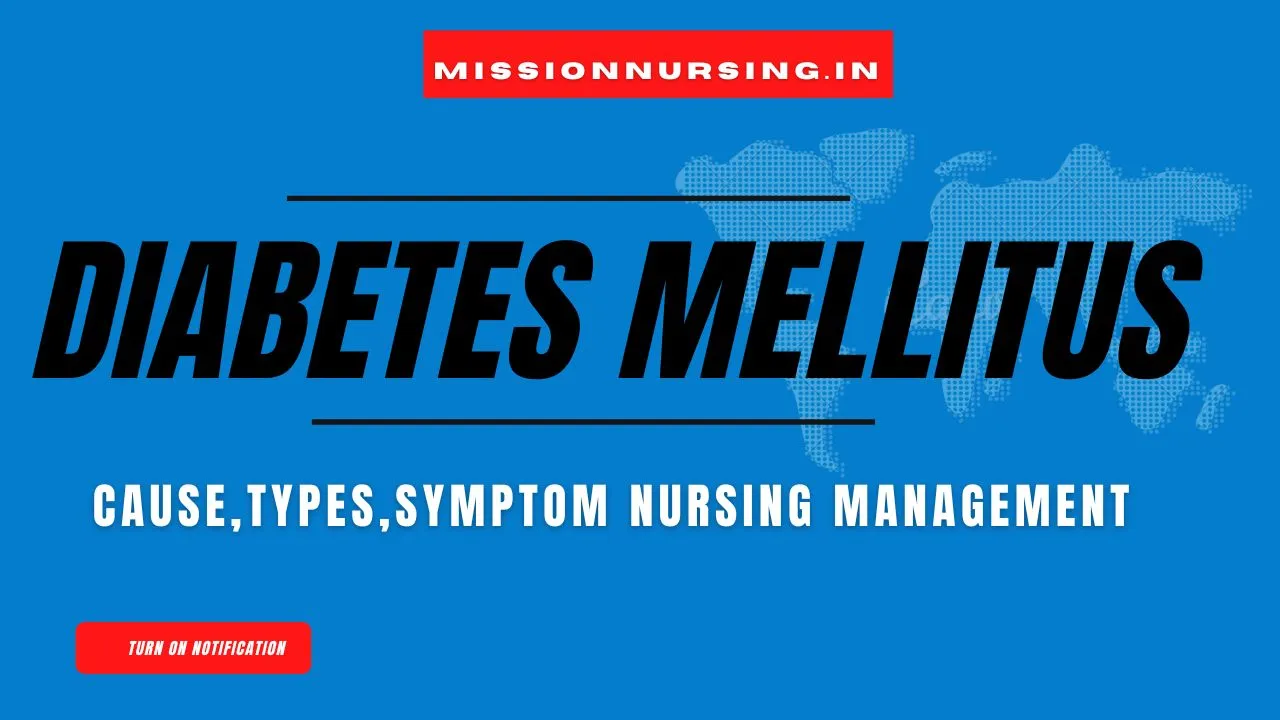


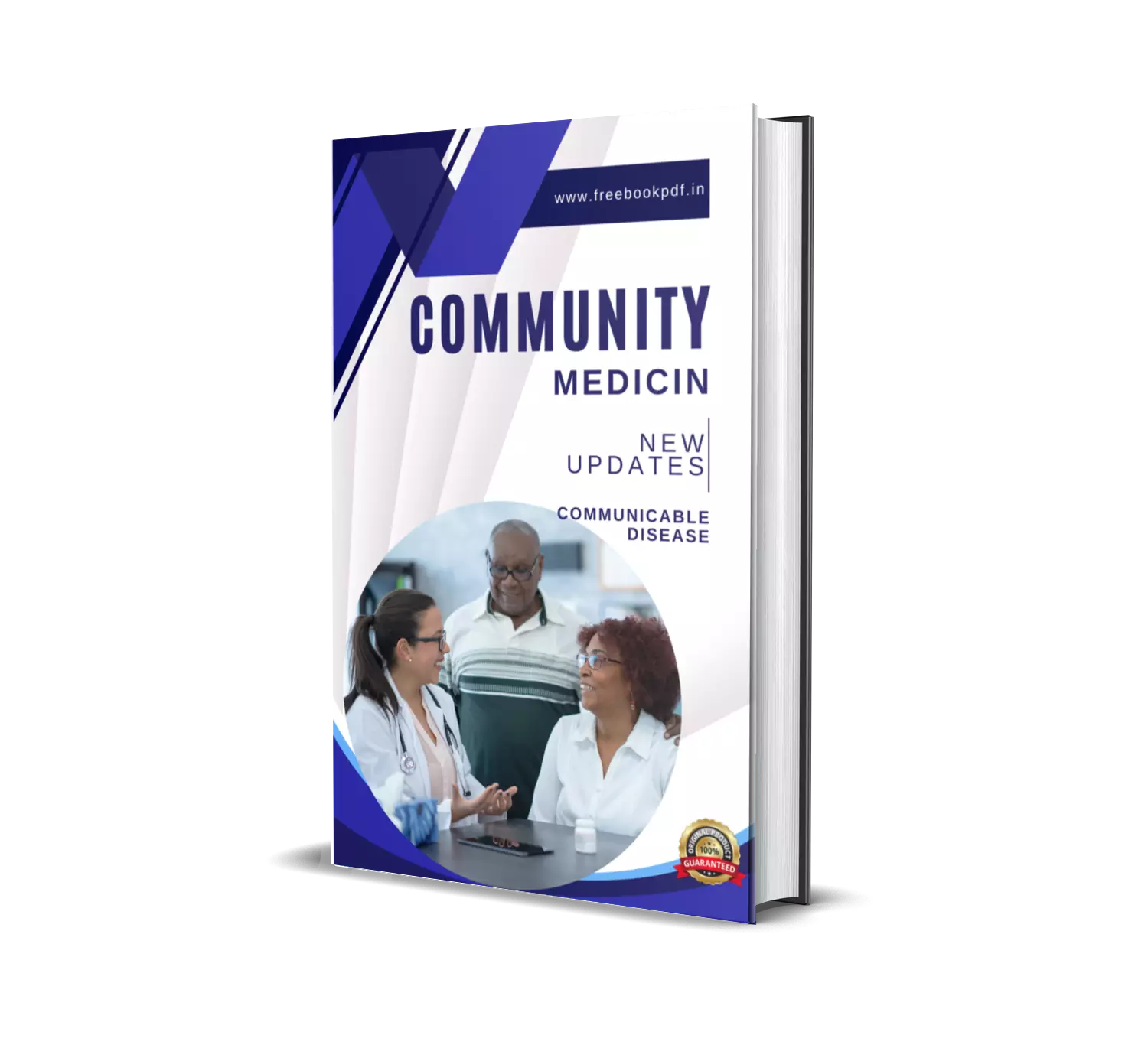



2 thoughts on “what is tuberculosis? Symptom Cause and Treatment”